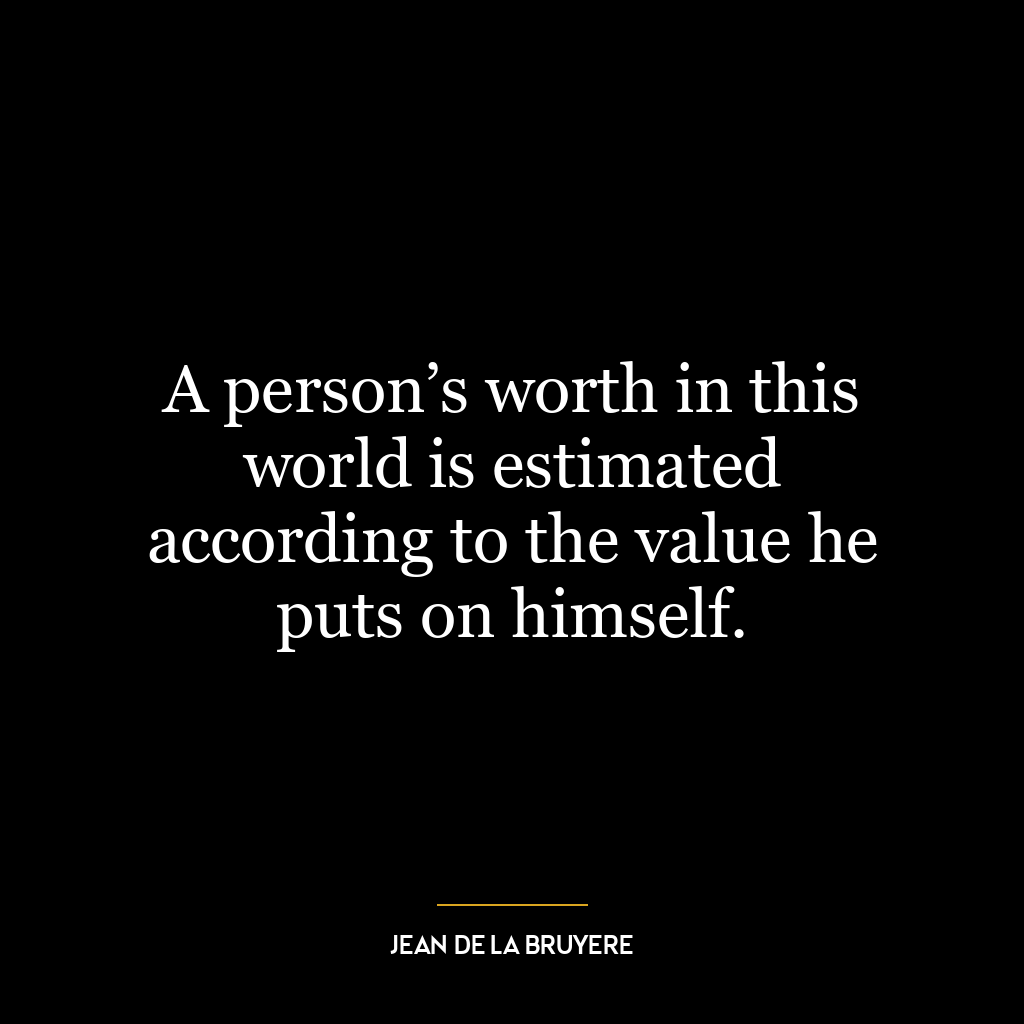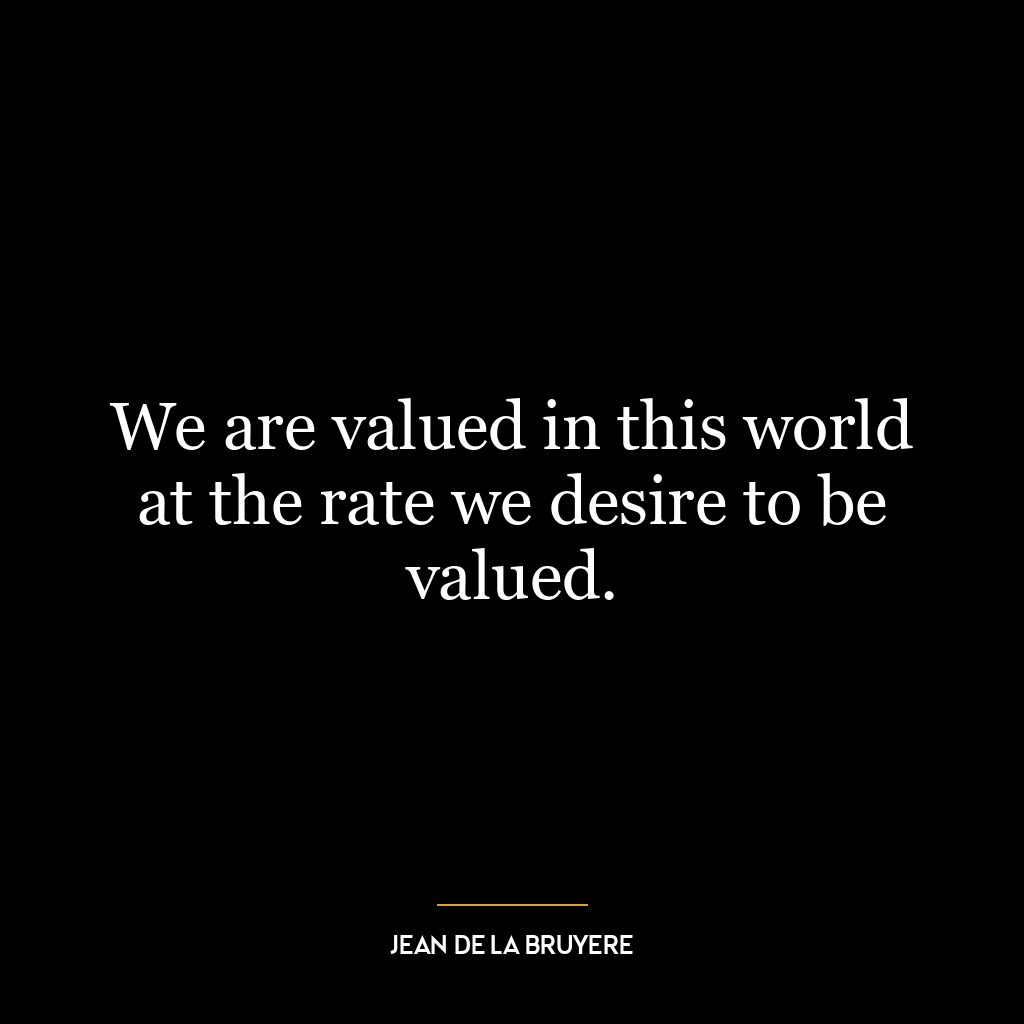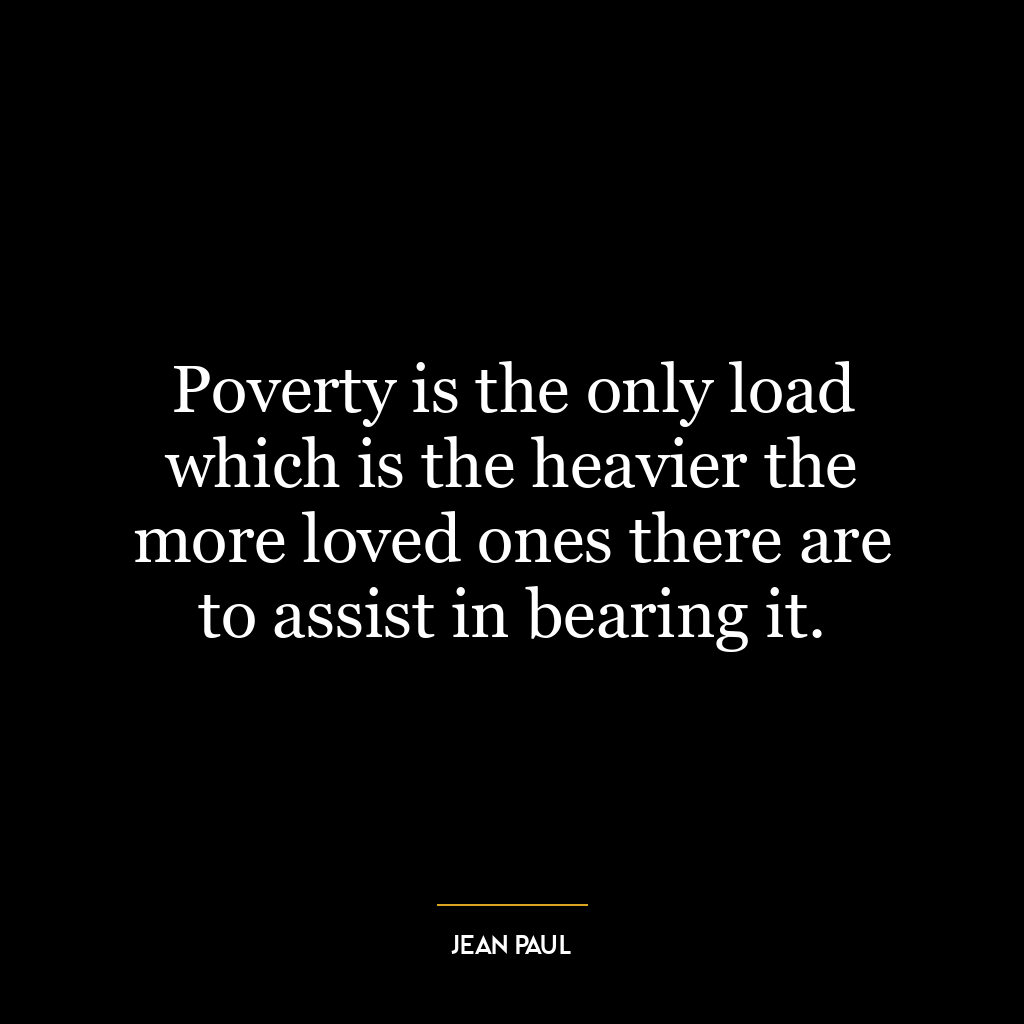This quote delves into the complex emotions surrounding the act of begging and receiving charity. At its core, it suggests that a beggar might harbor resentment towards the person who gives them aid, just as they might harbor resentment towards themselves for being in a position where they need to beg. The resentment towards the benefactor could stem from a sense of humiliation or loss of dignity, as receiving charity could be seen as a reminder of their own inability to provide for themselves. The self-directed resentment is a reflection of their dissatisfaction with their current state of affairs.
In today’s world, this idea can be applied in various contexts. For instance, in the realm of social welfare, it emphasizes the importance of empowering those in need rather than simply giving handouts. It suggests that initiatives should focus on helping individuals regain their independence and self-sufficiency, as this would help alleviate the feelings of self-loathing and resentment towards their benefactors.
In terms of personal development, this quote can serve as a reminder of the importance of self-reliance and resilience. It suggests that relying heavily on others for support can lead to feelings of resentment and self-loathing. Therefore, it encourages individuals to strive for self-improvement and independence, as this would lead to a stronger sense of self-worth and personal satisfaction. It also speaks to the importance of humility and gratitude when we are the recipients of help, recognizing the generosity of others without letting it undermine our self-esteem.










